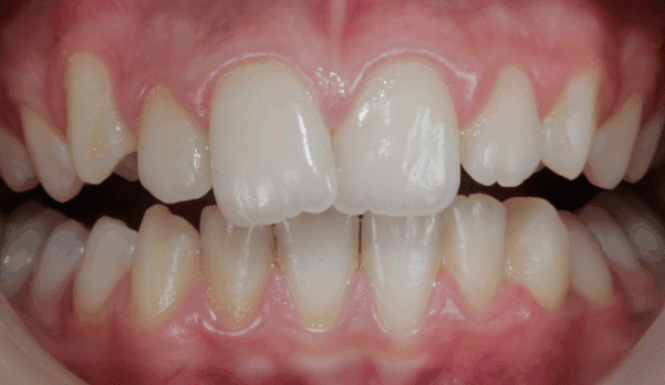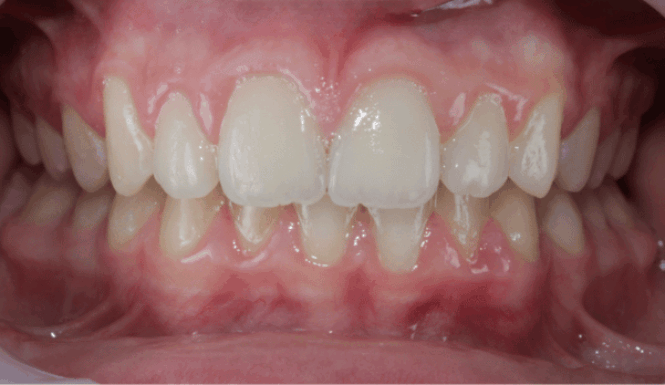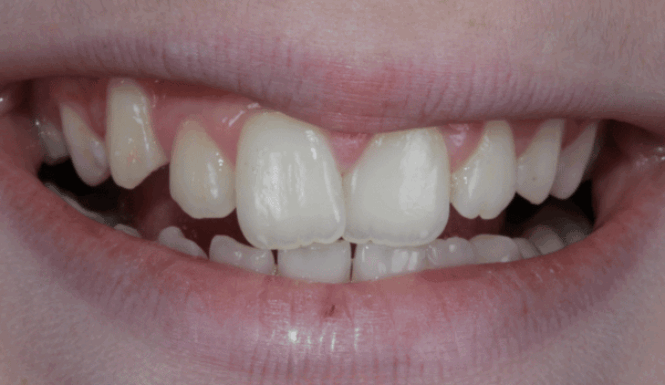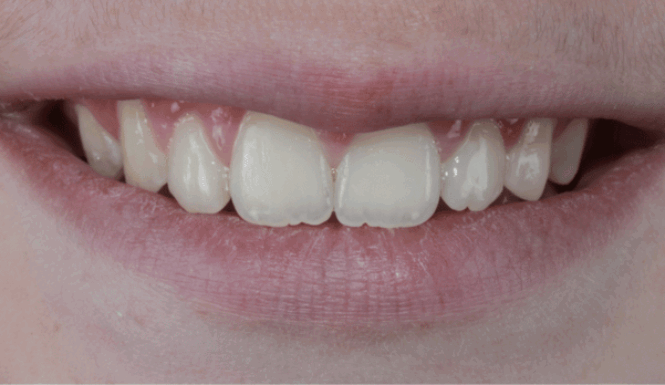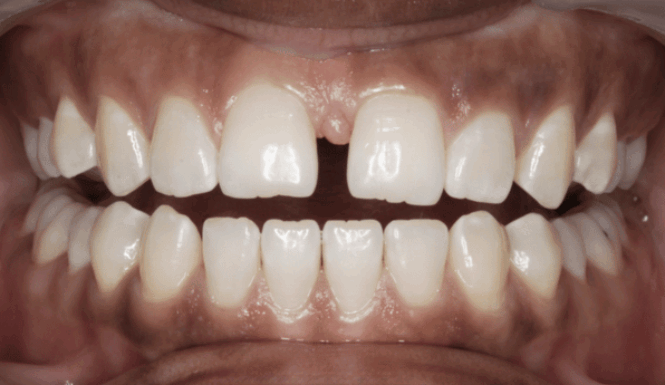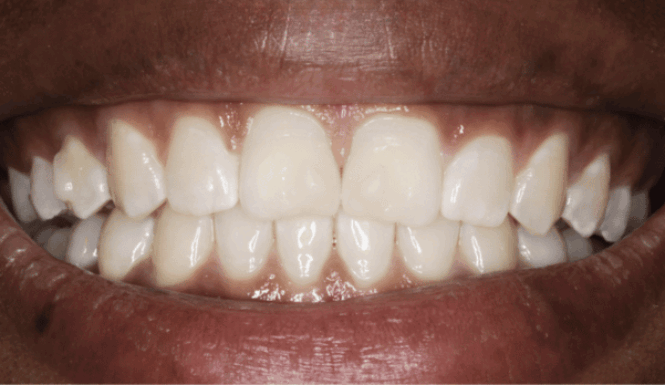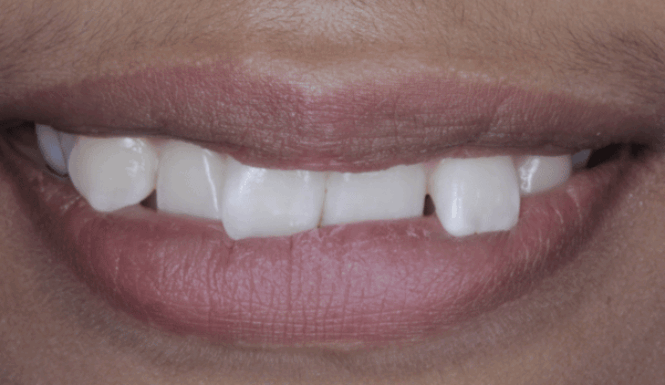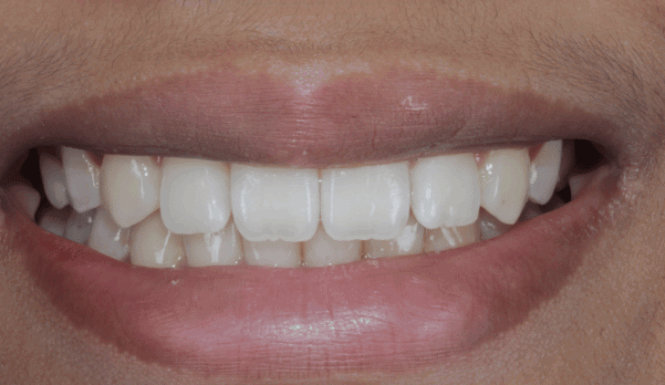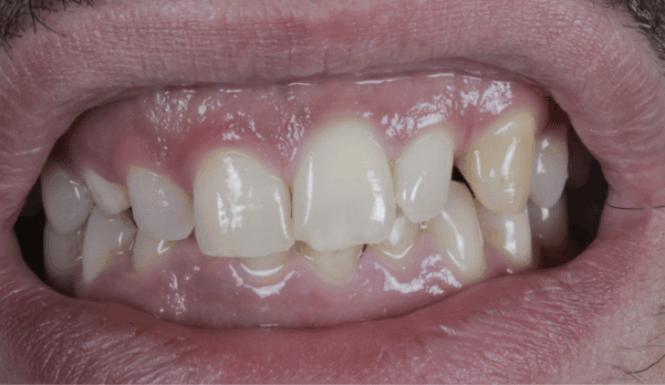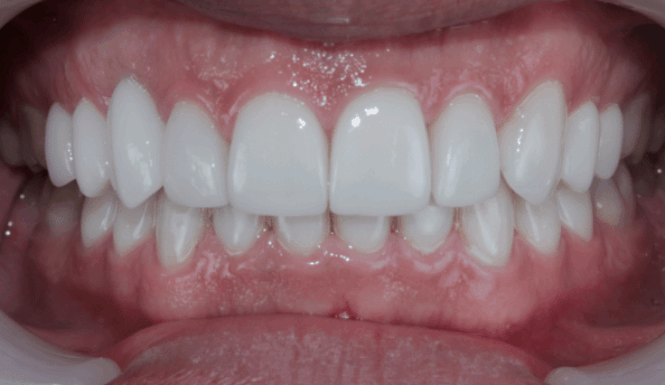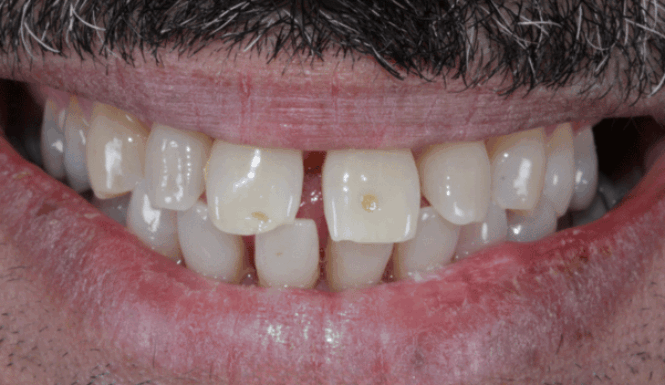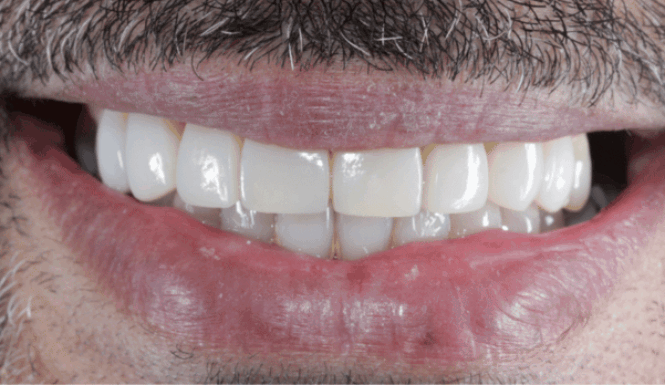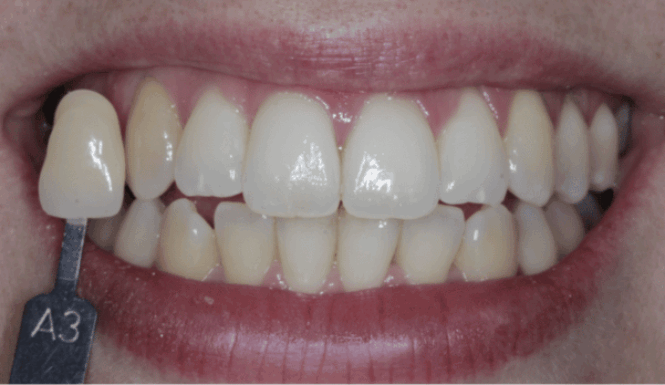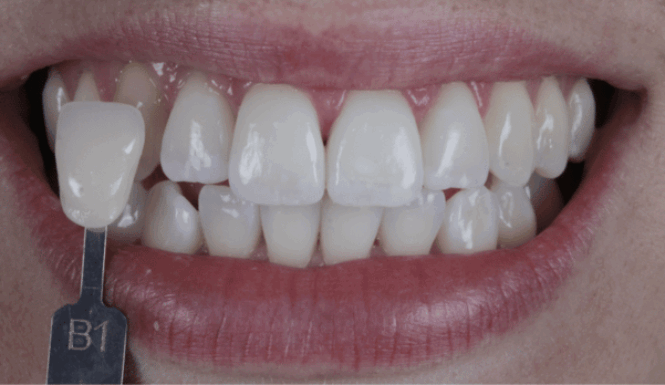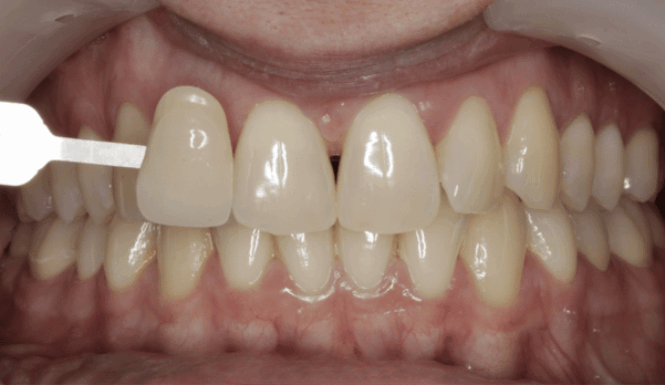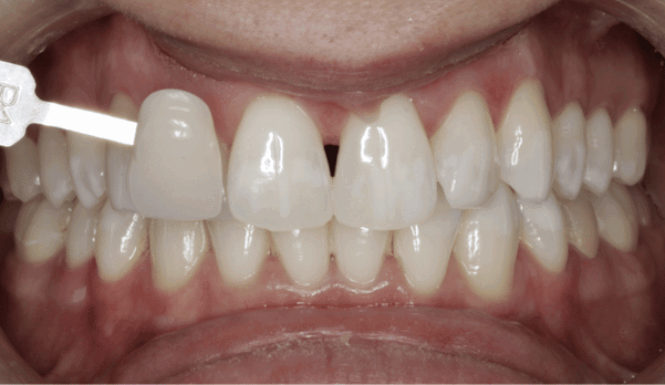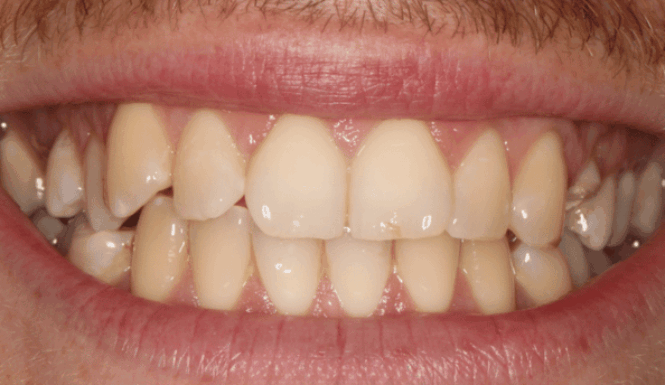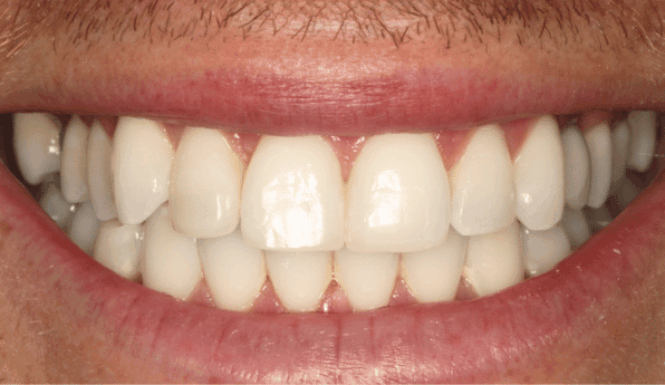Dental implants are incredibly versatile and offer a wide range of benefits, whether you are missing a single tooth, several teeth, or even all of your teeth. Here’s how dental implants can help various patients:
For those who’ve lost teeth due to accidents:
Accidents and injuries can lead to sudden and often traumatic tooth loss. Whether through a sports injury, a car accident, or a fall, losing a tooth in an accident can affect both your appearance and your confidence. Dental implants provide an exceptionally durable and natural-looking solution, allowing you to restore your smile quickly and confidently. Implants function like your natural teeth, so you can speak, eat, and smile with confidence once again.
For those with congenitally missing teeth:
Some individuals are born without certain teeth, which can lead to gaps and aesthetic concerns. For those with congenitally missing teeth, dental implants offer a permanent and aesthetic solution to complete their smile. Whether you’re missing a single tooth or several, implants can be custom-made to match your natural teeth in both shape and colour, giving you a seamless, confident smile.
For older patients who have lost teeth due to failed restorations or ageing:
As we age, our teeth may begin to weaken due to wear and tear, poor restorations, or other factors such as gum disease. For older patients who have lost teeth due to failed crowns, bridges, or even root canal treatments, dental implants offer an effective long-term replacement. Implants provide a strong foundation for new restorations, ensuring that they will last for many years to come and prevent the bone loss that can occur when teeth are missing for prolonged periods.
For those affected by gum disease:
Gum disease can lead to tooth mobility, infection, and eventually tooth loss. If you have experienced significant gum disease or periodontal issues that have led to the loss of one or more teeth, dental implants are an excellent solution. They not only replace missing teeth but also help to maintain the health of the jawbone by providing essential stimulation. In cases where gum disease has affected the bone structure, bone grafting procedures may also be available to prepare the site for successful implant placement.

